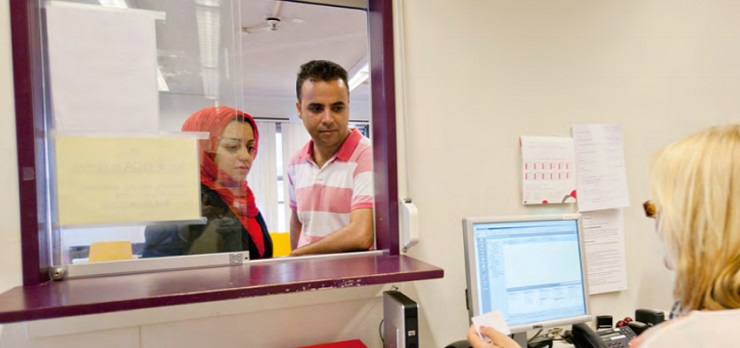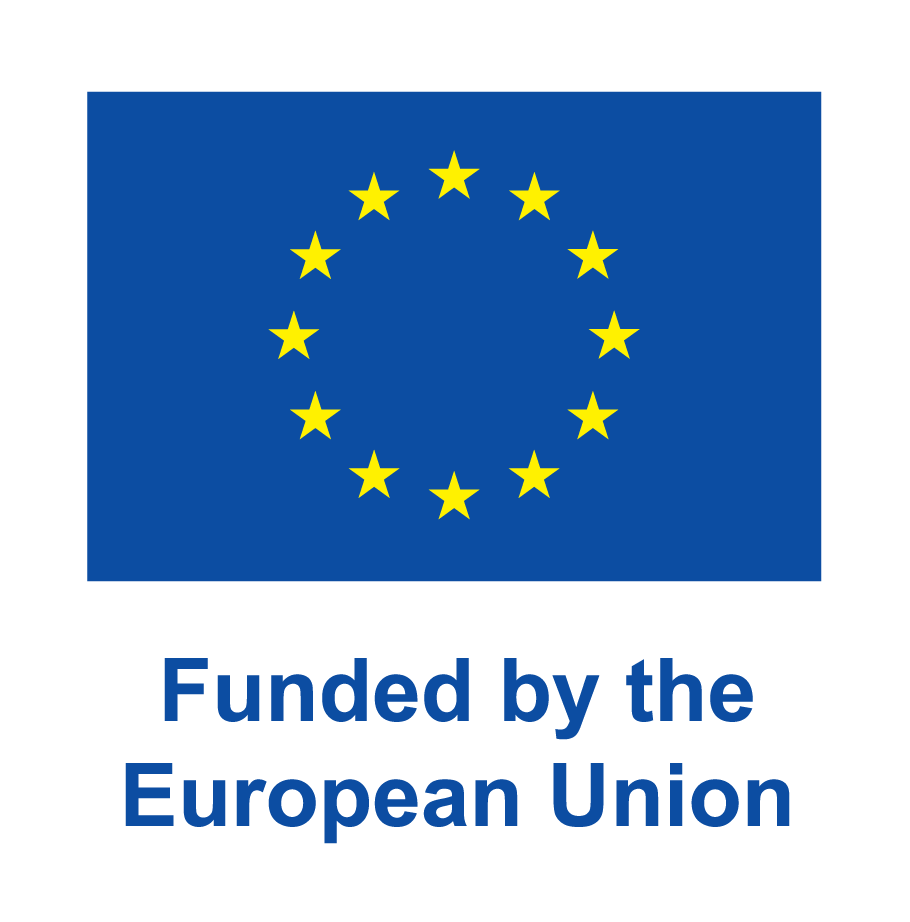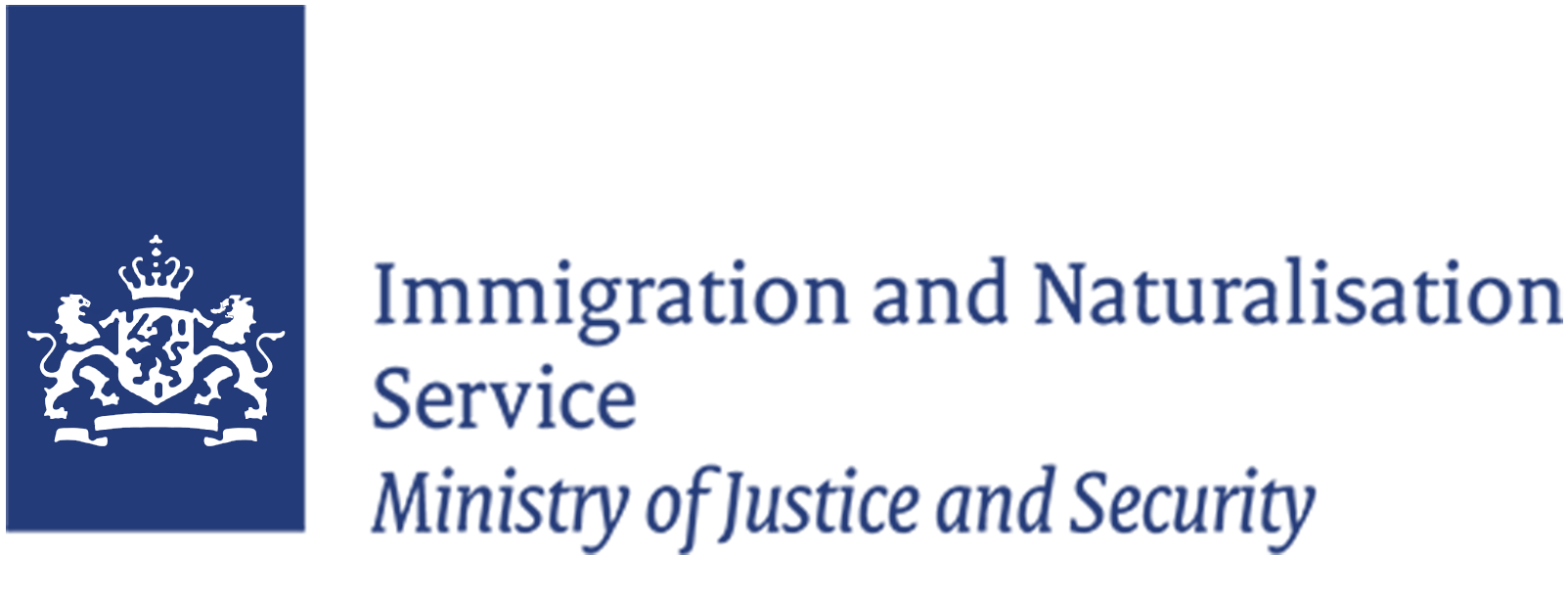In most EU Member States, it can prove difficult for migrants to access mental health care. This is also true for the Netherlands. However, a number of Member States have taken measures to improve on this.
In most EU Member States, migrants experience difficulties accessing mental health care
Migrants with a legal residence status, such as persons with a refugee status, have the same access to mental health care as nationals and EU citizens in over half of the Member States (including the Netherlands). This is in line with the requirements of the directives that are part of the EU asylum and legal migration acquis, a set of rights and obligations binding all EU Member States.
Mental health care at the national level
The Netherlands is one of the 10 Member States (AT, EE, EL, ES, FI, IE, IT, MT, NL, SI) with national policies or strategies referring to migrants' mental health. In most Member States this is covered by universal health care. In the Netherlands the (mental) health of migrants is included on a national level in the new Civic Integration Act. This Act stipulates that municipalities must examine the personal circumstances of migrants, including their physical and mental health, during the integration process.
Priorities for migrant mental health that Member States mention in the survey are:
- promoting the social integration of migrants;
- improving and better disseminating of information about the right to health care;
- training mental health professionals to work with migrants.
Immigrants are sometimes involved in policymaking
In five out of ten Member States with national policies or strategies (with a reference to immigrant mental health care), immigrants themselves were involved in their drafting (FI, FR, IE, NL, SI). In the Netherlands immigrants were involved in the development of the new Integration Act (in a general sense). In France immigrants were involved in the development of integration policies. Other examples are conducting interviews with migrants (Finland), organising focus groups and collecting written input with migrants and migrant organisations (Ireland), and involving non-governmental organisations (NGOs) who are in close contact with migrant groups (Slovenia). In 4 other Member States, migrants were involved in local projects and activities to promote access to mental health care (CZ, HR, LT, SE).

Extra consideration for vulnerable migrants
Ten Member States (AT, EE, ES, FI, FR, HR, IE, IT, MT, SI) also focus in their policy/strategy on vulnerable groups of migrants and migrants with specific health care needs, such as victims of violence, torture and gender-based violence. This is not the case in the Netherlands.
Accessing mental health care: challenges and solutions
In 18 Member States, including the Netherlands (AT, BE, CZ, DE, EE, EL, FI, FR, HR, HU, IE, IT, LT, LU, MT, NL, SI, SK), migrants experience barriers to receive access to mental health care. These barriers range from practical issues such as language barriers, lack of information, high costs and long waiting lists, to social and cultural issues such as stigma, taboo on mental health issues, lack of trust, and socio-economic barriers.
A number of Member States indicate that access to mental health services for migrants can be improved through measures that:
- promote affordable and non-discriminatory access to mental health services (AT, CZ, DE, EE, FR, IT, LT, LV);
- reduce communication barriers (BE, DE, EE, FR, IE, LT, LU, LV).
Provision of mental health care: challenges and solutions
In most Member States, it are the national/regional/local authorities that are involved in providing mental health care, followed by NGOs and the private sector. Involved parties experience different barriers in this regard:
- In 19 Member States (AT, BE, CZ, EE, EL, FI, FR, HR, HU, IE, IT, LT, LU, LV, MT, NL, SE, SI, SK), the parties involved experience largely the same problems as migrants themselves. The most important ones relate to language and cultural differences between migrants and care workers, followed by a lack of financial resources, personnel, or specific expertise.
- In 10 Member States (AT, FI, FR, IE, IT, LT, LV, MT, NL, PL), barriers also concern certain groups of migrants, such as women, children, victims of gender-based violence, and victims with trauma. In the Netherlands, the study 'Youth assistance for refugees' (2020) by Nidos, Pharos and Jeugdzorg Nederland points to specific challenges for young people.
Sixteen Member States (AT, CY, EL, ES, FR, HR, IE, IT, LT, LU, LV, MT, NL, PL, SI) provided examples for improving mental health care for migrants by:
- training care workers (AT, DE, FR, IE, HR, IT, LU, SI only);
- offering specialised services to migrants;
- ensuring migrants' access to mental health services through access to the national health system.
Publication
Read the Inform and research description: 'Research: Mental health care for migrants'


